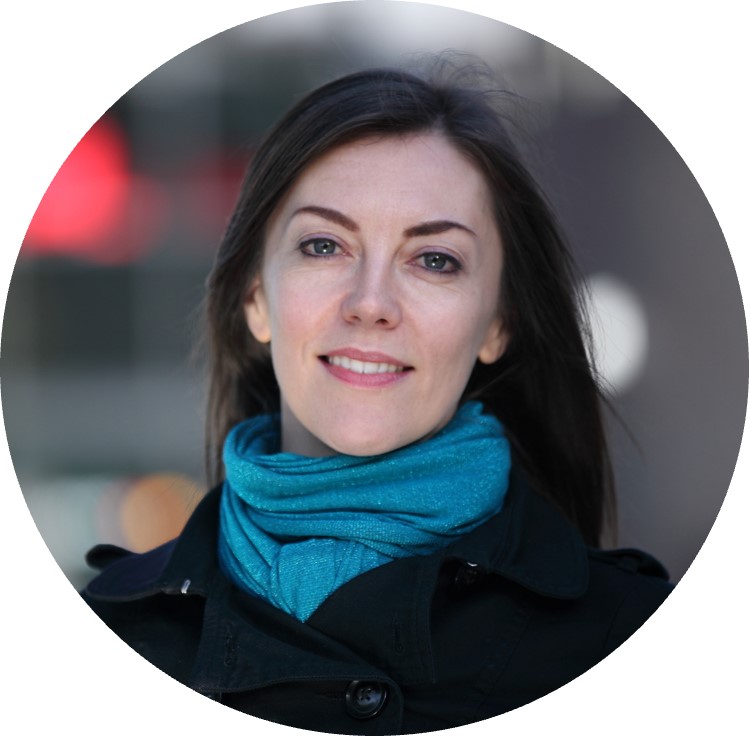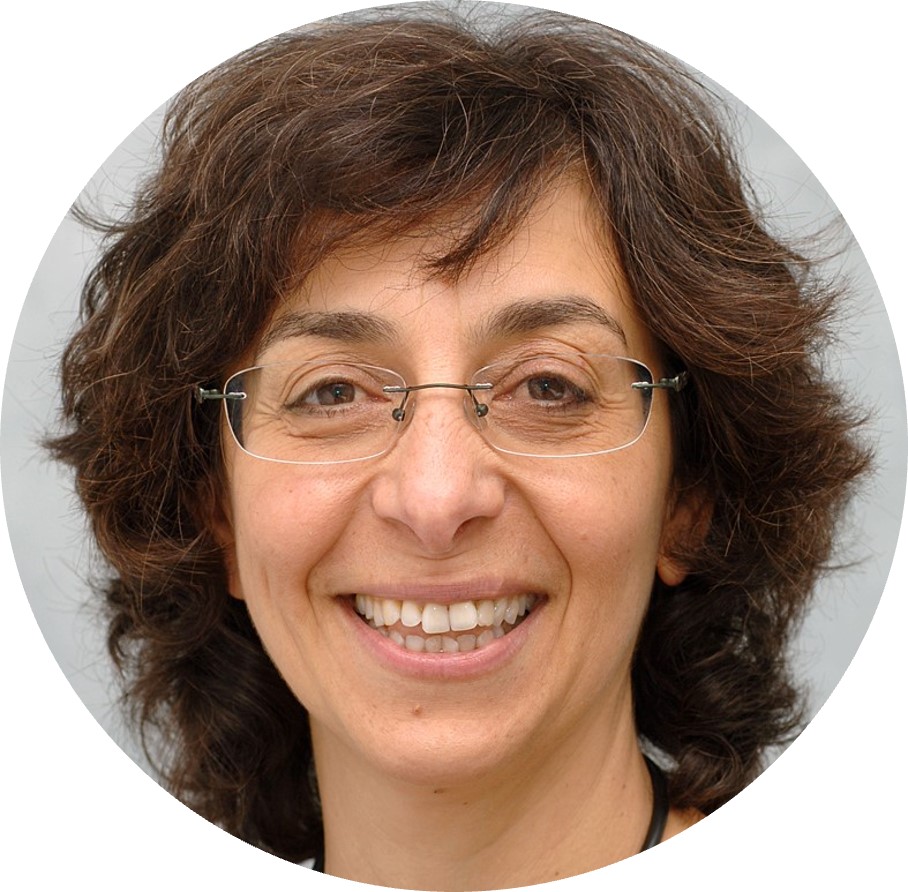5 questions with the BREM Network
December 2022.
We spoke to Vicki Squire, Dallal Stevens, and Mauricio Palma-Gutiérrez about the Borders, Race, Ethnicity and Migration (BREM) Network.

Can you tell us who you are, a bit about your research, and your role in BREM?
Vicki: I am Professor of International Politics in the Department of Political Studies and International Studies (PAIS). I have worked here for ten years, and I am co-Convenor of the BREM network. My research cuts across the fields of migration, citizenship, and border studies. I focus on the policies and practices through which migration is governed, the dynamics and consequences of humanitarian interventions in contexts of displacement, and the politics of migration and solidarity activism. I have undertaken this work in various contexts, including the US-Mexico border region, the Mediterranean and Balkans, Northern Europe, and sub-Saharan Africa.
Dallal: I am Professor of Refugee and Asylum Law in the School of Law and have been at Warwick for 32 years! I am co-Convenor of BREM with Vicki. I have had a journey in my interest in asylum law, starting out in the early 1990s researching UK asylum law – which at that time was quite new, but which turned into a huge political and legal issue, which remains the case today. In the mid-2000s, I became interested in refugee policies of the Middle East and have been fortunate to be funded to undertake fieldwork in Jordan, as well as a contributor to other grants with scholars working on refugee law in the Arab world. Vicki and I have worked together on two funded projects and that has been enormously rewarding as well as fun!
Mauricio: I am a PhD student. I am currently writing a dissertation on Venezuelan migrants on the move across South America. My supervisors are Prof. Vicki Squire (who you just met!) and Dr. Tom Long. I have been learning from Vicki and Dallal ever since they invited me to be part of the BREM team, earlier this year.


What is BREM?
Vicki: BREM – Borders Race Ethnicity and Migration – is a research network, involving researchers from across various faculties at the University of Warwick. We have a particularly strong group of PhD researchers and strengths in the Social Sciences as well as in Arts and the Humanities. I was one of the founders of BREM in 2014, along with Dr Hannah Jones (Sociology) and Dr Khursheed Wadia (Sociology). We wanted to provide a forum for the engagement of researchers across different disciplines, while also highlighting the excellent work carried out on these themes at Warwick for external audiences.
What motivated you to do research on this topic?
Vicki: I came to academia a bit later than many of my peers. Having dropped out of school early, I had worked in the third sector with a range of disadvantaged and marginalised groups for some years before coming back to my academic studies. It was through this that I became aware of the situations of destitution and despair that many people seeking asylum in the UK were experiencing at that time. I wanted this to change and decided to return to my studies in order to improve my understanding of the situation. I undertook an Access Course in Social Sciences and began a BA in Politics and Sociology at University of Birmingham in 1998, soon after the birth of my first child. My PhD research (and subsequent book) focused on “the exclusionary politics of asylum”.
Dallal: I qualified as a solicitor in 1990 in a major commercial law firm in London, but I knew that it was not for me. At the time, a friend of mine was working with asylum seekers in detention, and I was very interested in the issues he was facing. I decided to leave practice and joined Warwick, where I was able to develop my interest in asylum and refugee law. Warwick Law School is a fantastic place to do this because it adopts a socio-legal approach which encourages a holistic approach to legal questions beyond the law – so history, politics, sociology, and economics all become relevant. It was also extremely timely in the 1990s as UK asylum was, in many ways, a new subject, and I was able to become an expert in this area as there were few lawyers addressing it. The same applied to the Middle East because many Arab countries are not party to the Refugee Convention, so lawyers were not interested then, but I was...! Now, many more are! :)
Mauricio: I began to undertake some work as a volunteer with Internally Displaced Persons in the late 1990s, as a teenager in Bogotá, Colombia. At the time there was a huge humanitarian situation related to the country’s protracted armed conflict. Ever since, I developed a constant interest on displacement and cross-border mobility. Some years later I moved to France and experienced dislocation from my own perspective. This gave me some inspiration to write a thesis for my BA in International Relations. That was over 15 years ago. Ever since I have been teaching, working, and writing on human mobility, migration, and related issues, either from the third sector or from governmental stances. I have been in Warwick since 2019, and it’s been such an enriching experience!
What have BREM been working on recently?
Vicki: BREM network led the work on the academic side for Warwick’s application to become a University of Sanctuary (2017, renewed 2021), and we hosted a series of events on Sanctuary in 2021 as part of the Resonate Festival (University of Warwick’s Coventry City of Culture activities). We run regular research seminars, including book launches and seminars and we also host events and activities with Warwick STAR (Student Action for Refuges). This year we are particularly focusing on our PhD student cohort (Mauricio will share more!); we also have a collaboration with Duncan Wheatley, a filmmaker in residence.
Mauricio: Yes indeed. BREM is currently focused on supporting PhDs working on BREM-related topics. We have organised seminars in which they can share the early findings of their research. They can also train their skills when presenting their own work to academic audiences. We are preparing a wider event for the spring, aimed at supporting PhDs with their research design and ethics of conducting BREM-related research. Once we have all the details, we will absolutely get back to you!
How can people get involved?
Vicki: Check out our website for more details and drop one of us an email if you want to be added to the mailing list and/or members webpages!
Bonus questions
What's your favourite film?
Dallal: I do love ‘Some Like it Hot!’ - a classic but always makes me laugh.
What is your favourite place on campus?
Vicki: I like hanging out in the new Buddhist room in Humanities!
Dallal: Is there one? I didn’t know that!
Vicki: Yes, it will be opened properly in the new year – all welcome 😊
What’s your favourite meal to cook?
Mauricio: I love to bake cookies in Christmas. I have got better with my technique over the years, and I am always trying to innovate with recipes.
Do you have any pets?
Vicki: I have a dog that hugs on demand, called Nellie.
What’s in your travel mug, tea or coffee?
Vicki: Coffee for sure, or a herbal tea 😊
How do you unwind?
Dallal: I’ve started to learn the piano recently and finding it very therapeutic, even though I am not very good! My poor teacher...!
What’s currently on your reading list?
Dallal: The Booker Prize, ‘The Seven Moons of Maali Almeida’, for Bookclub!
What’s your most-used app?
Mauricio: Spotify. I am also a fan of Stitcher, Canva, and Strava. Kahoot is great for the classroom!
